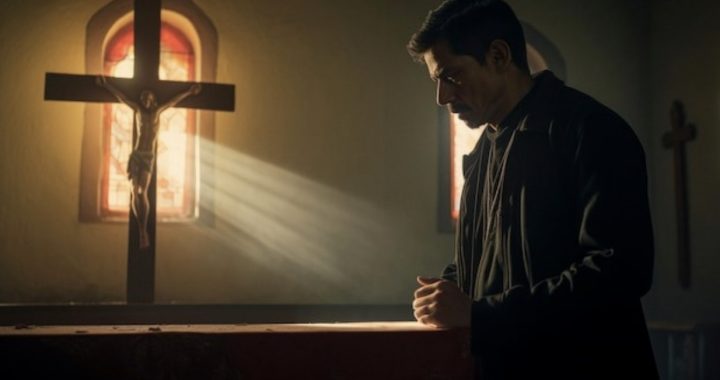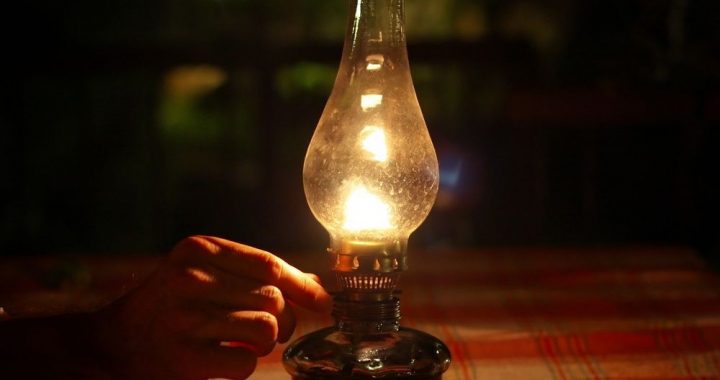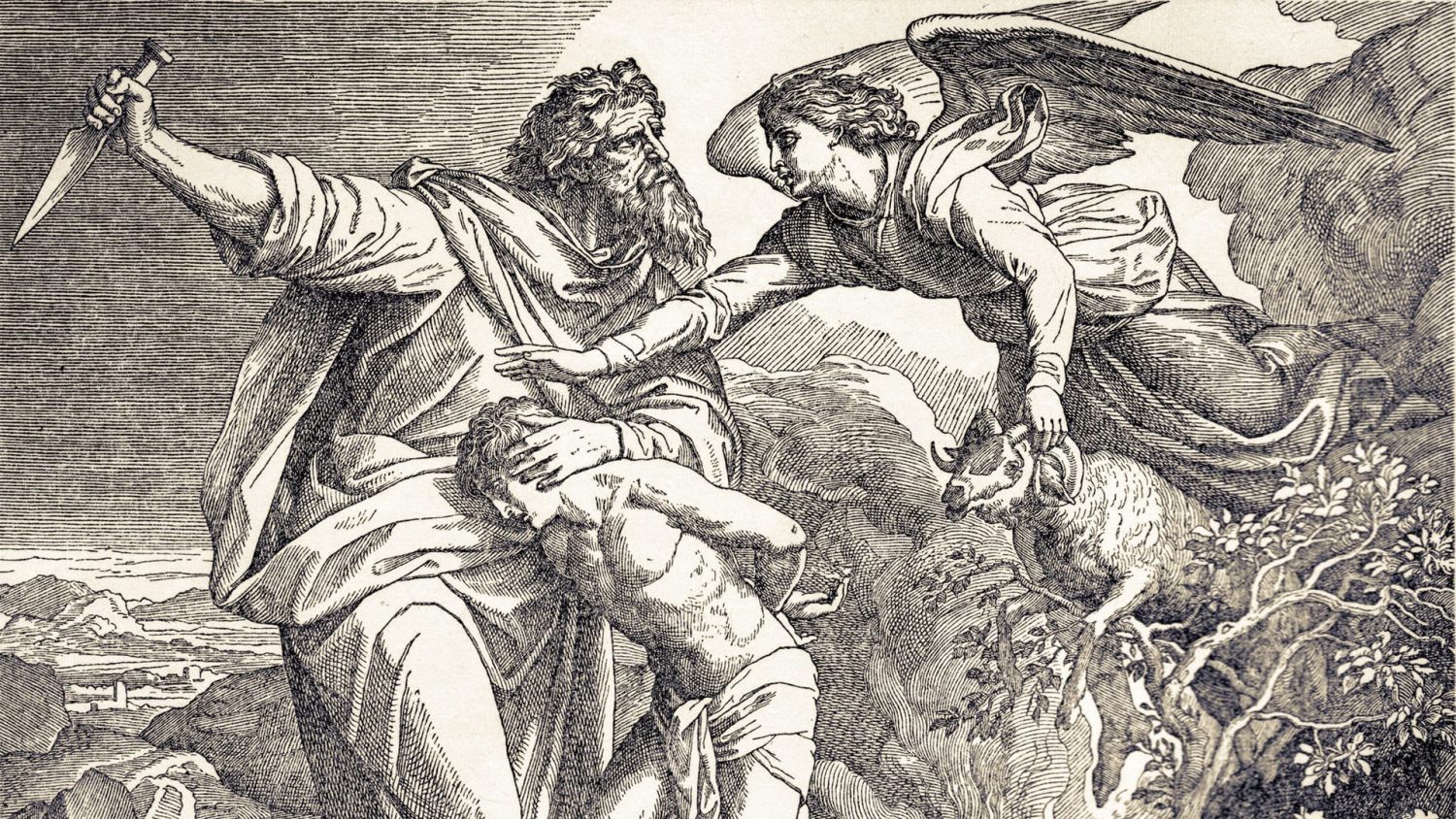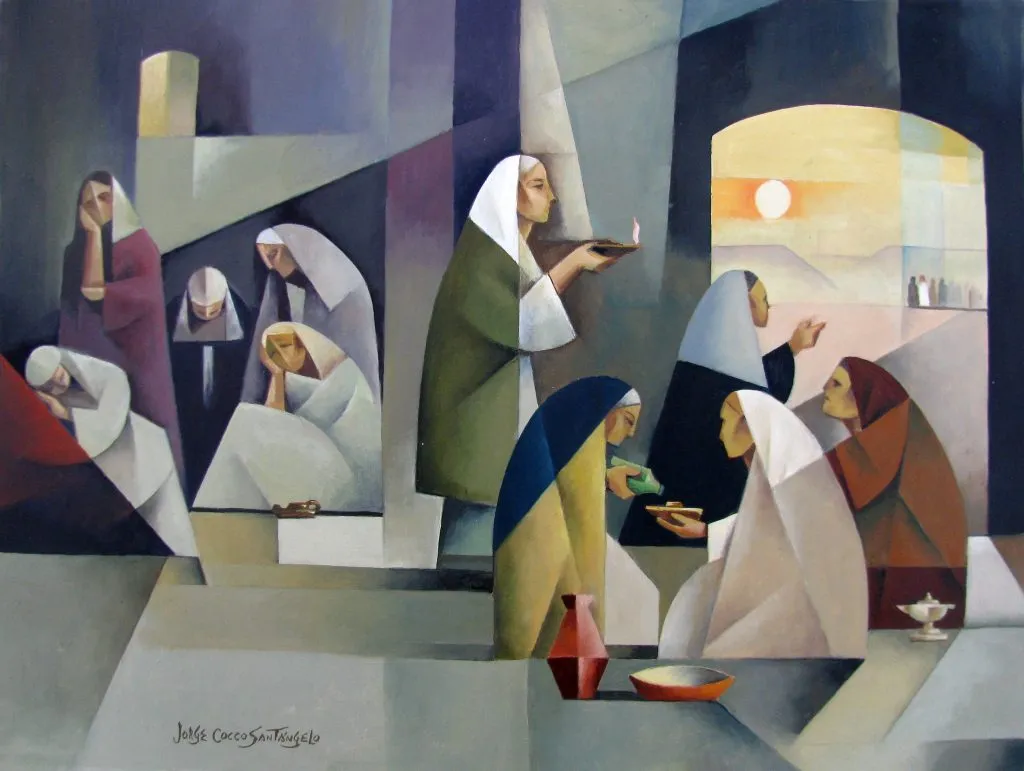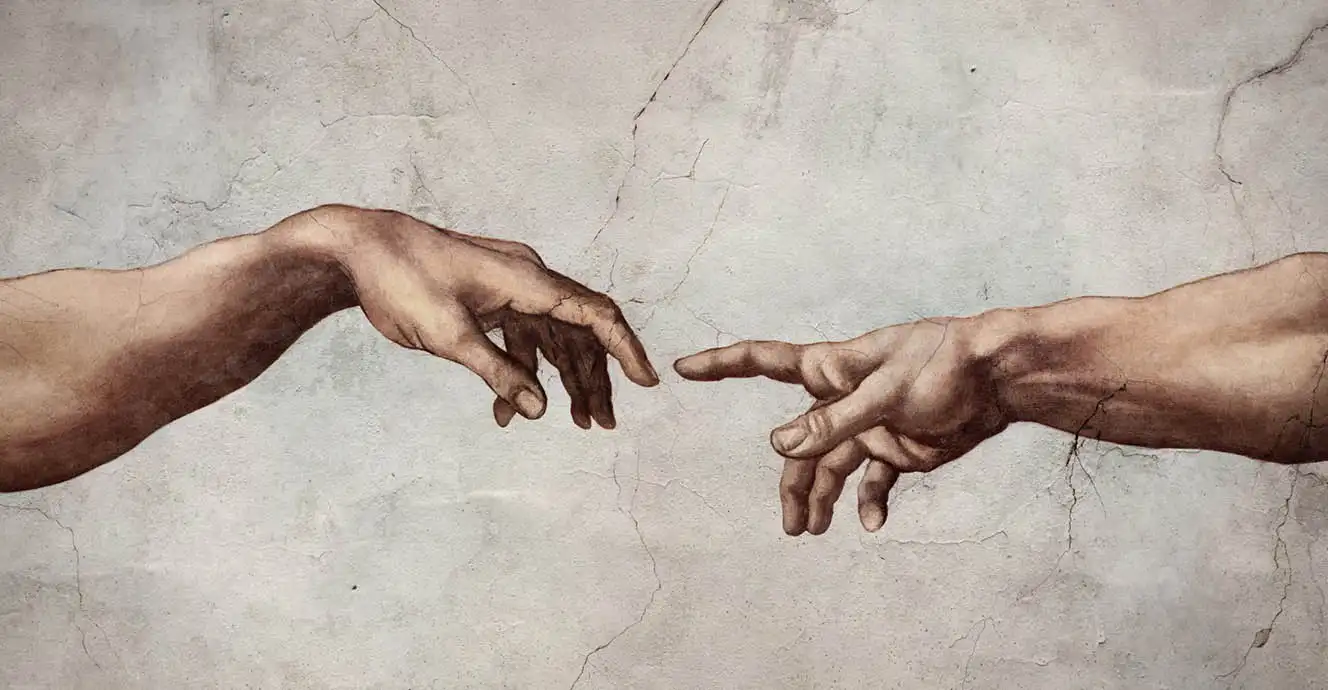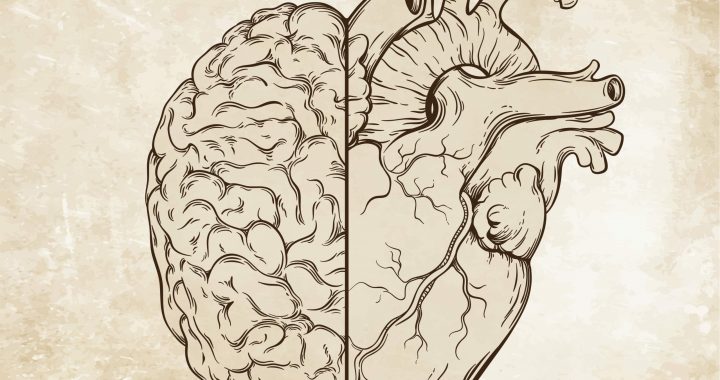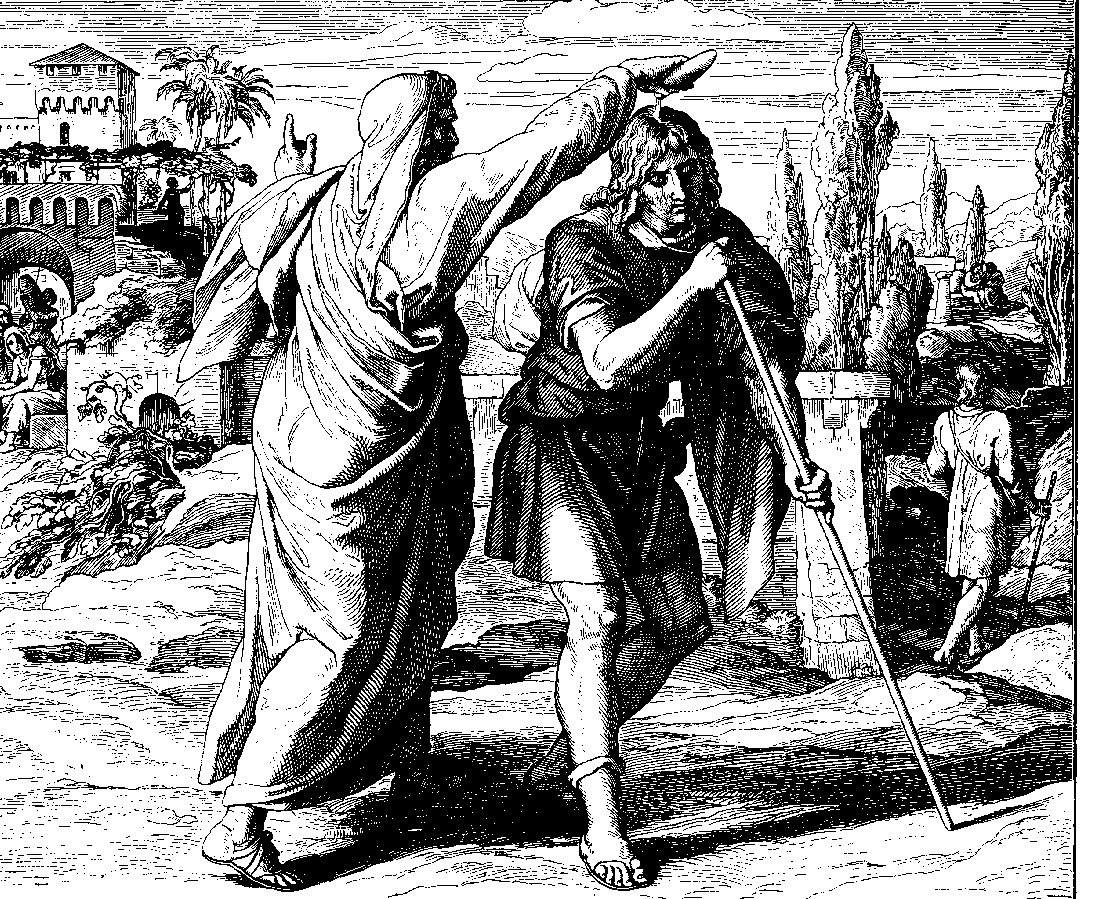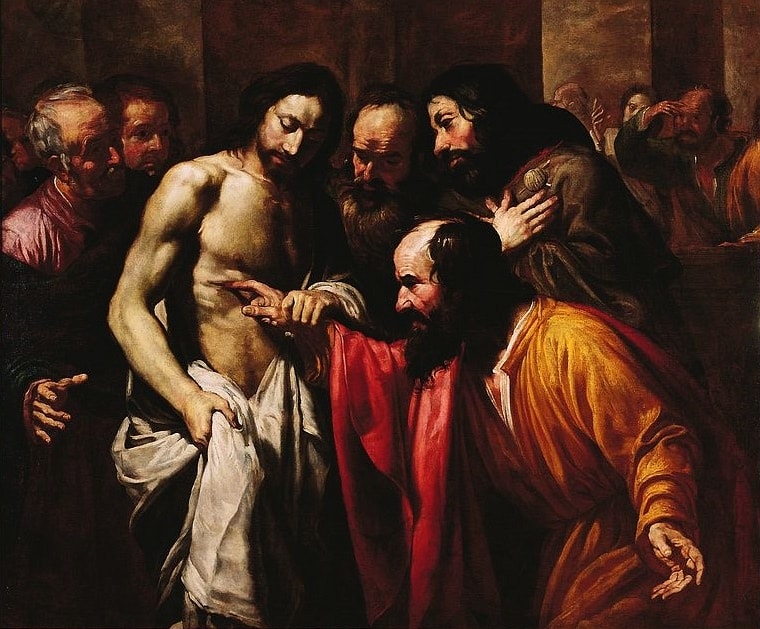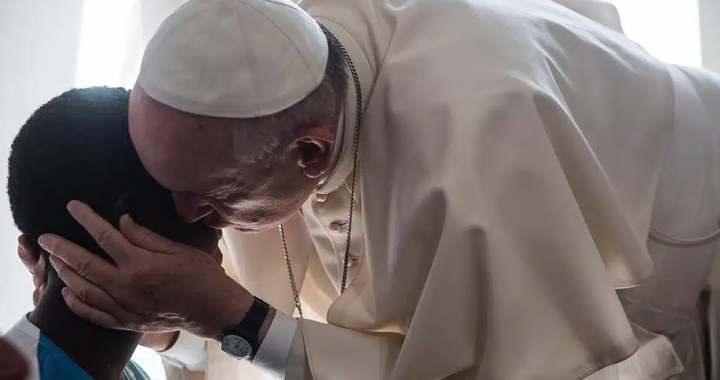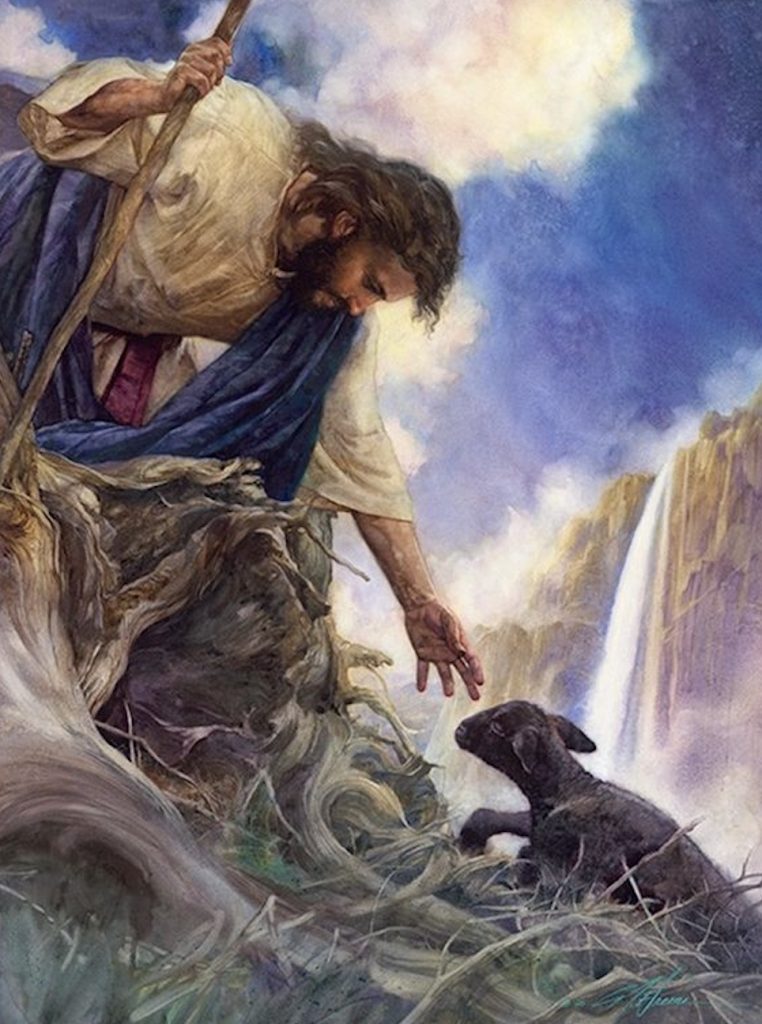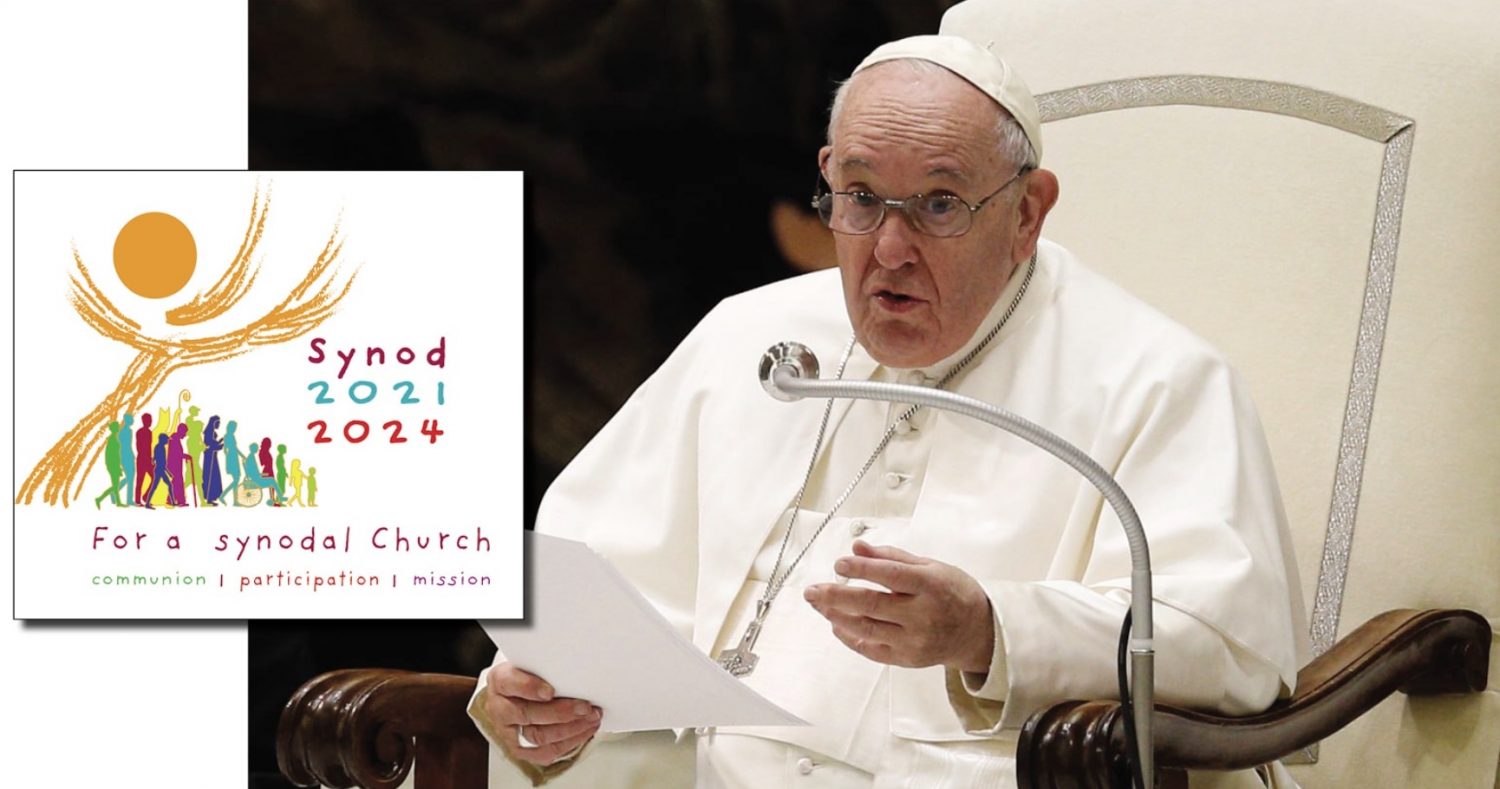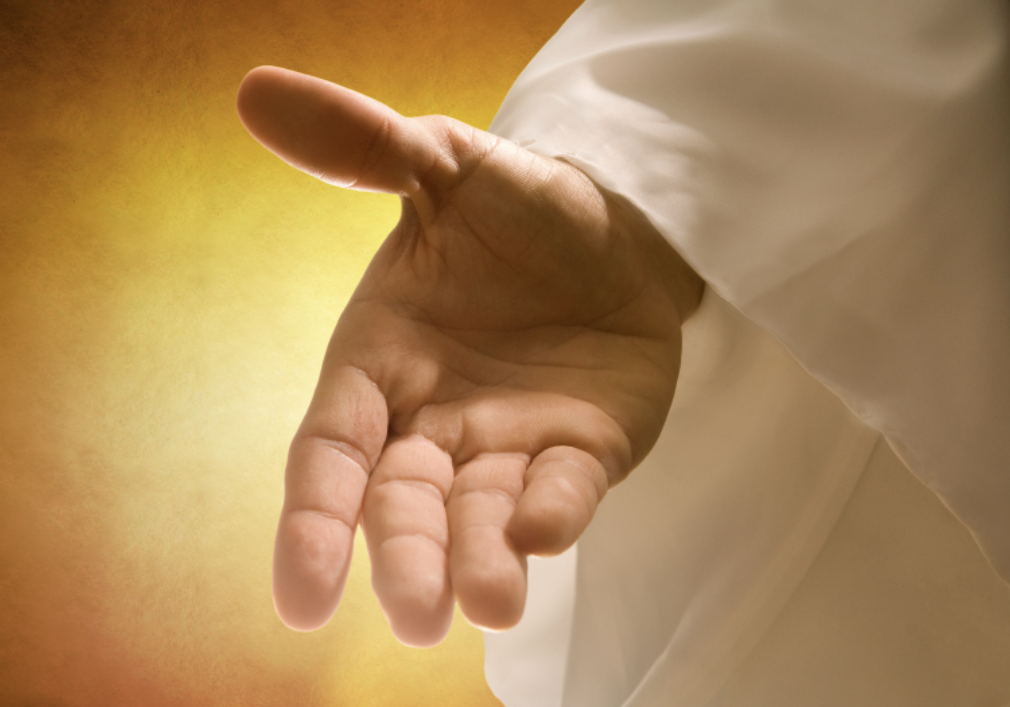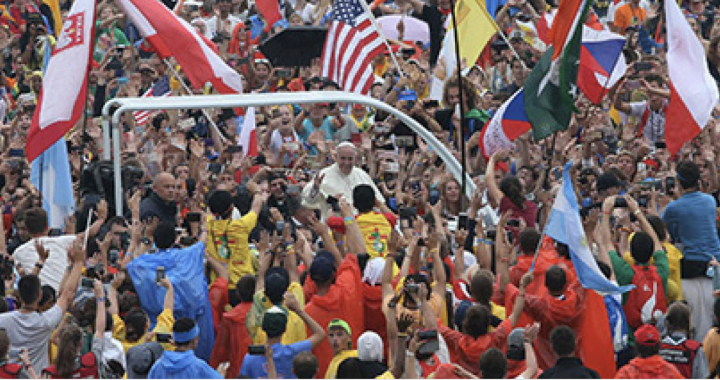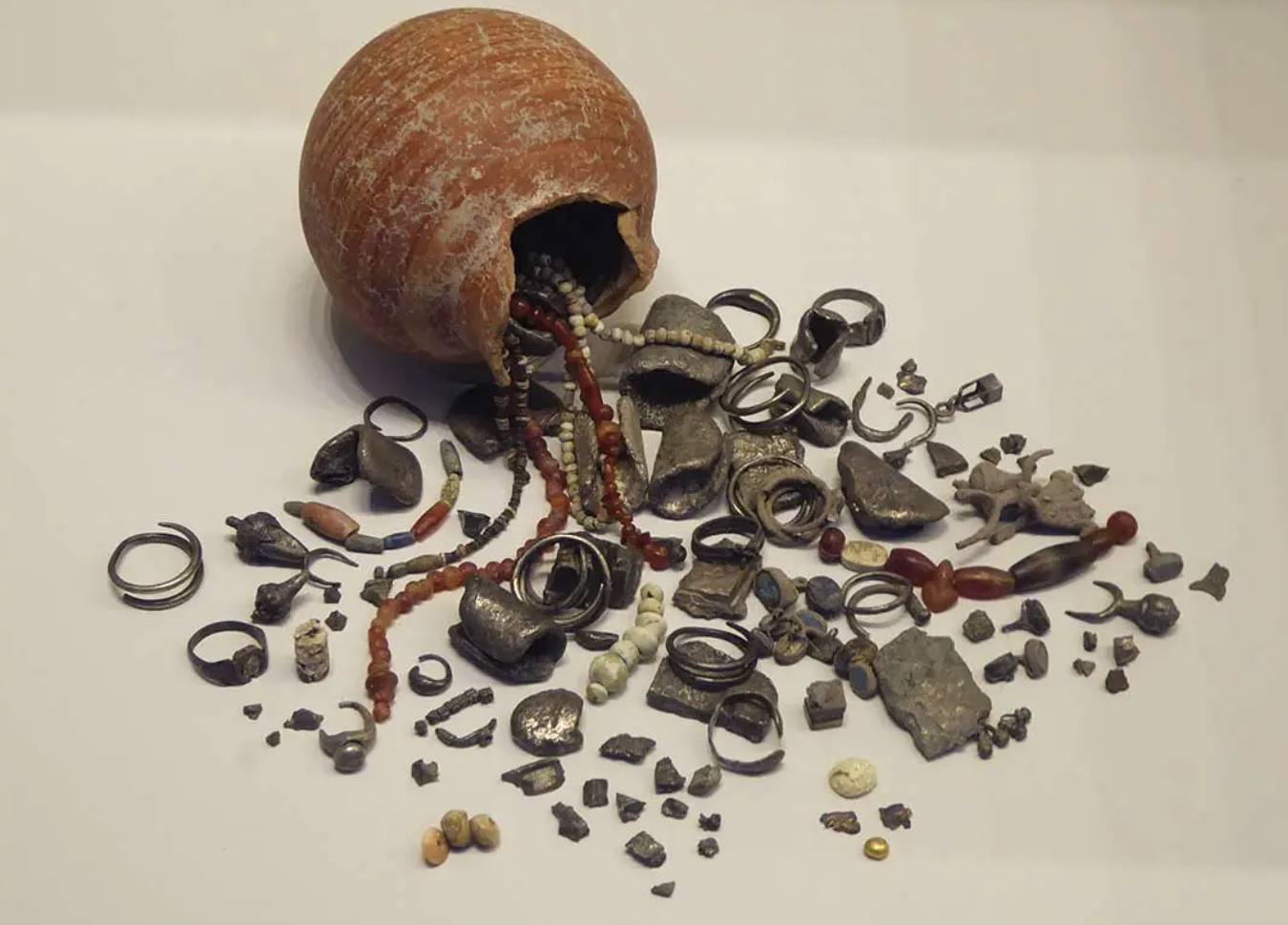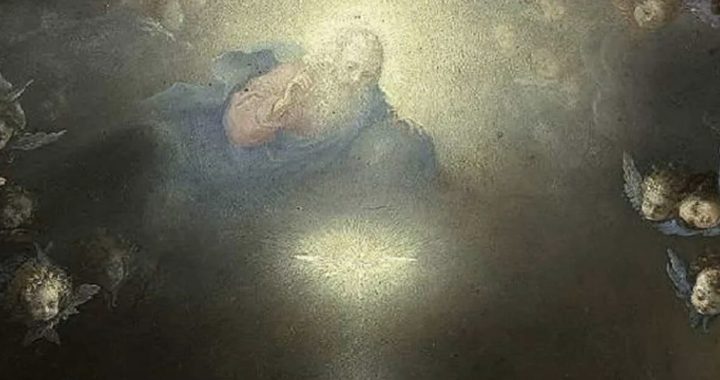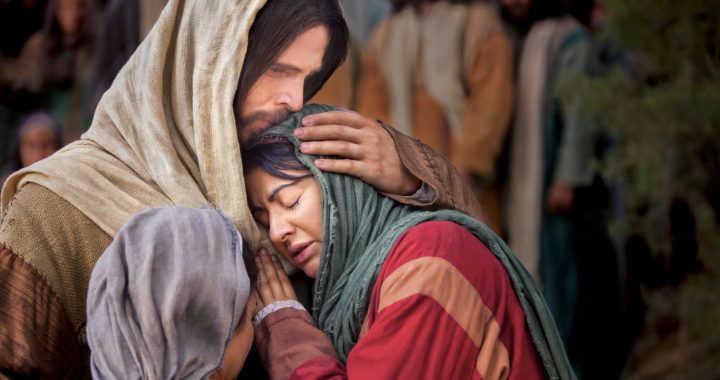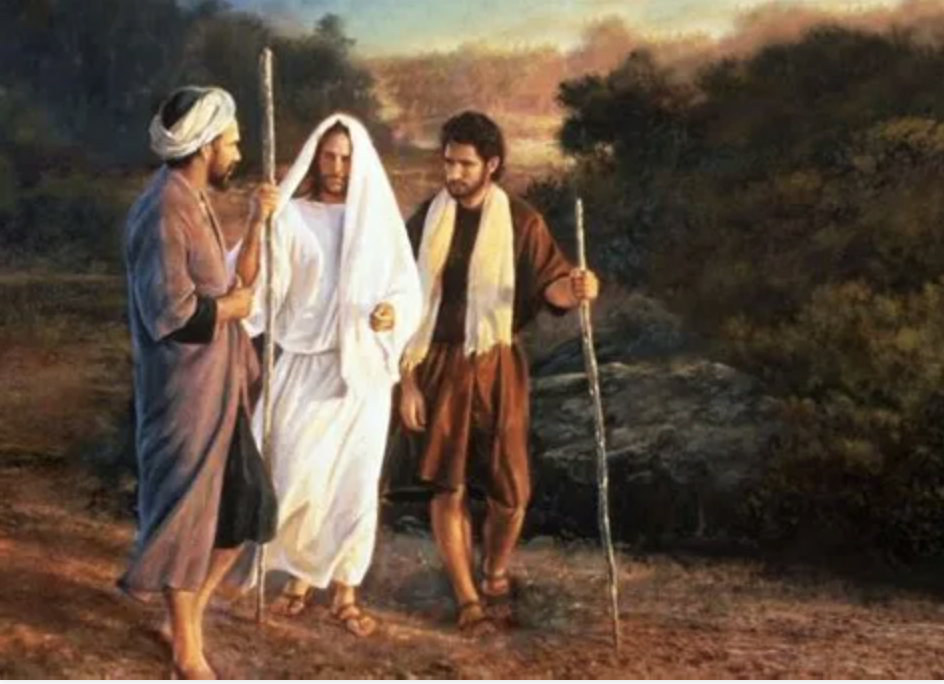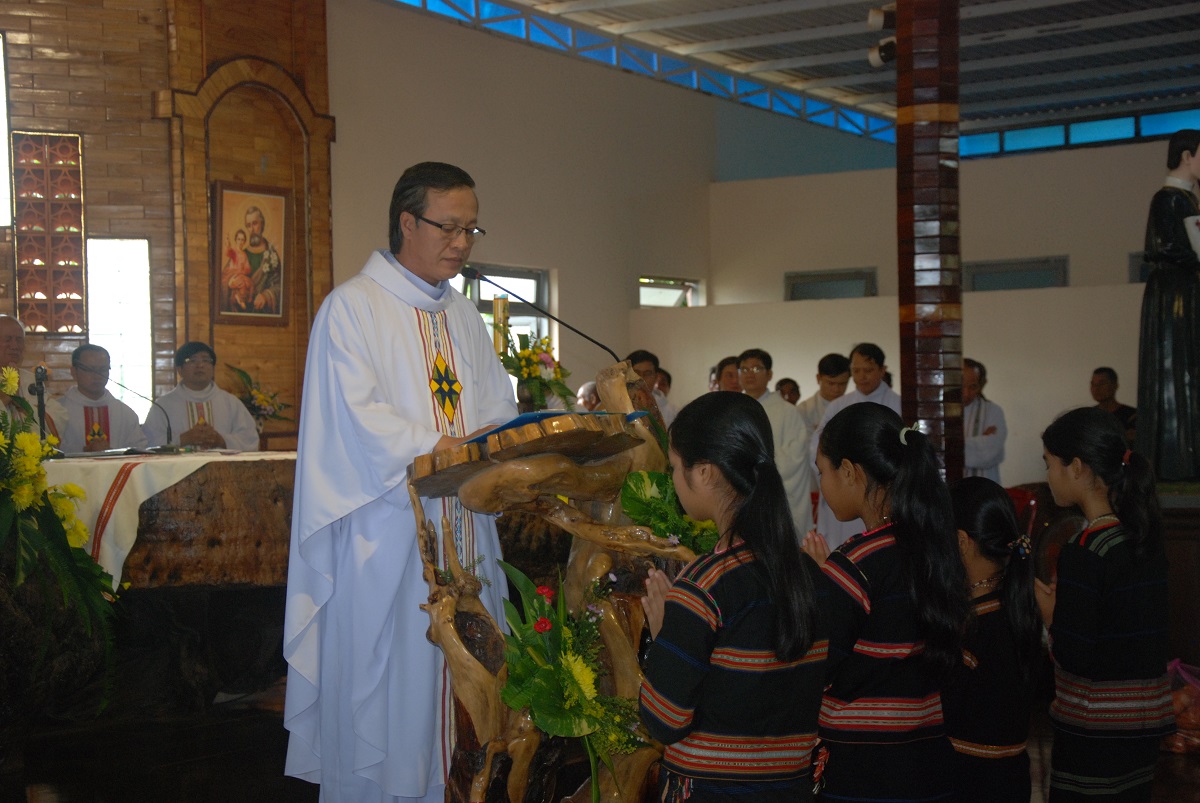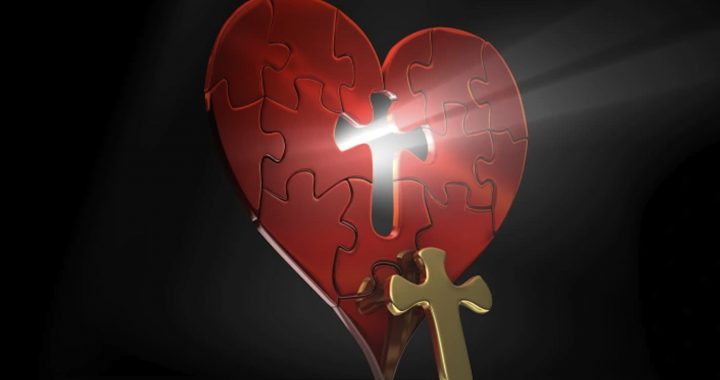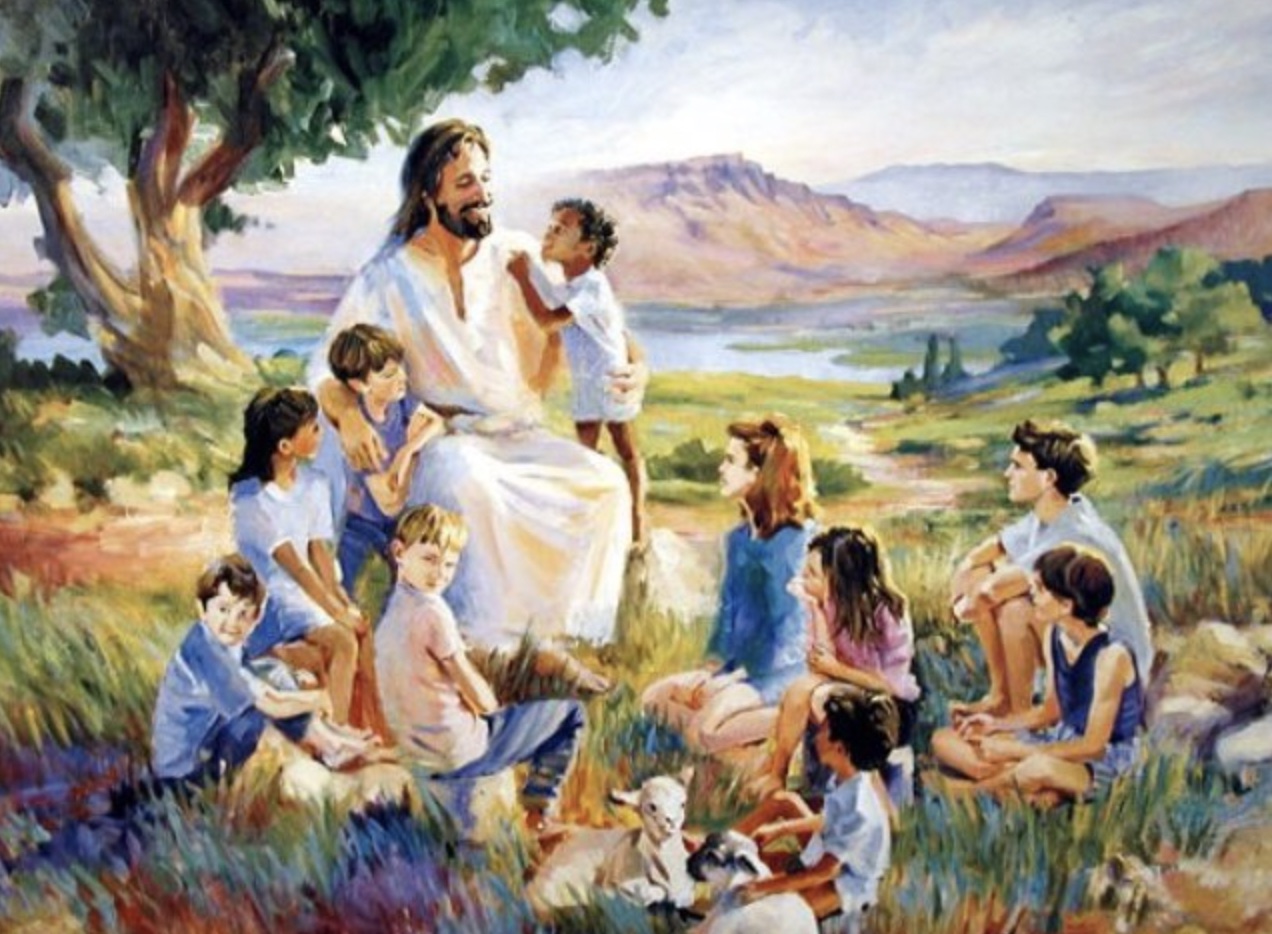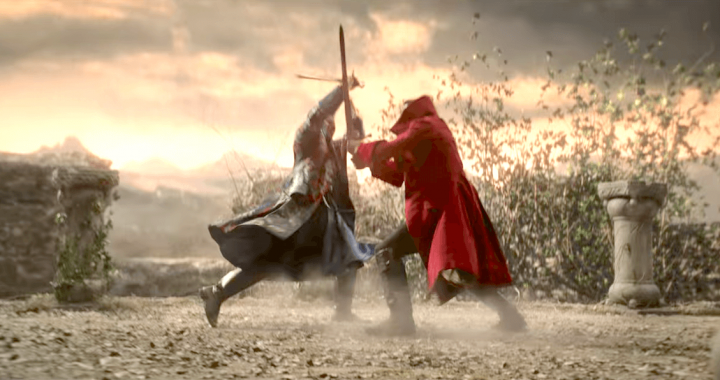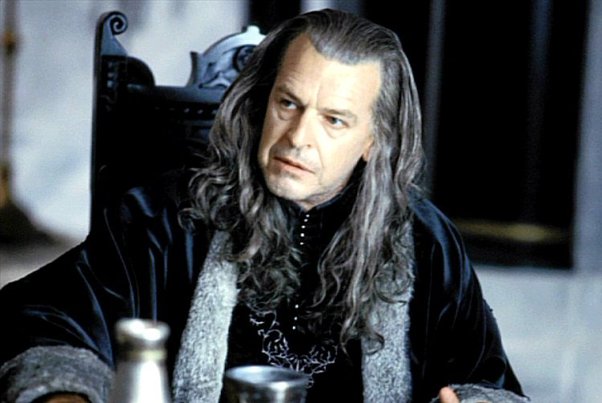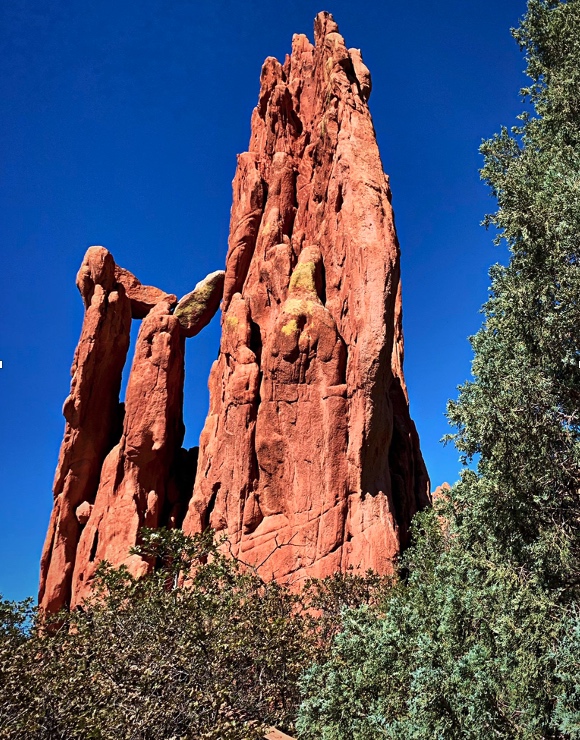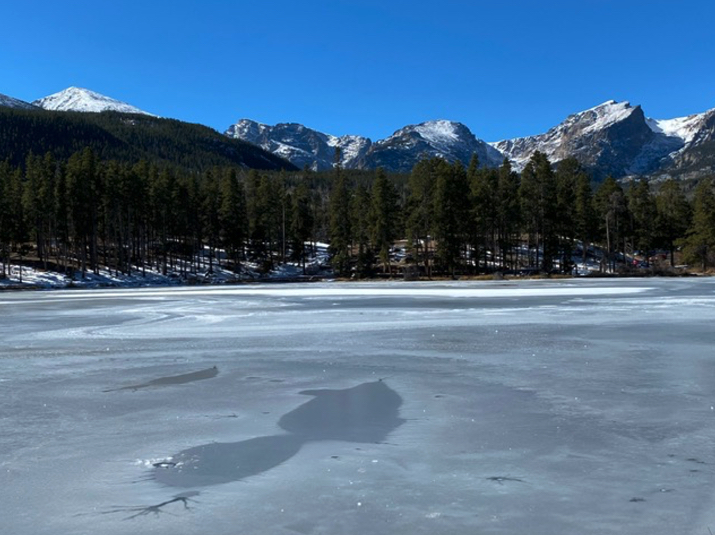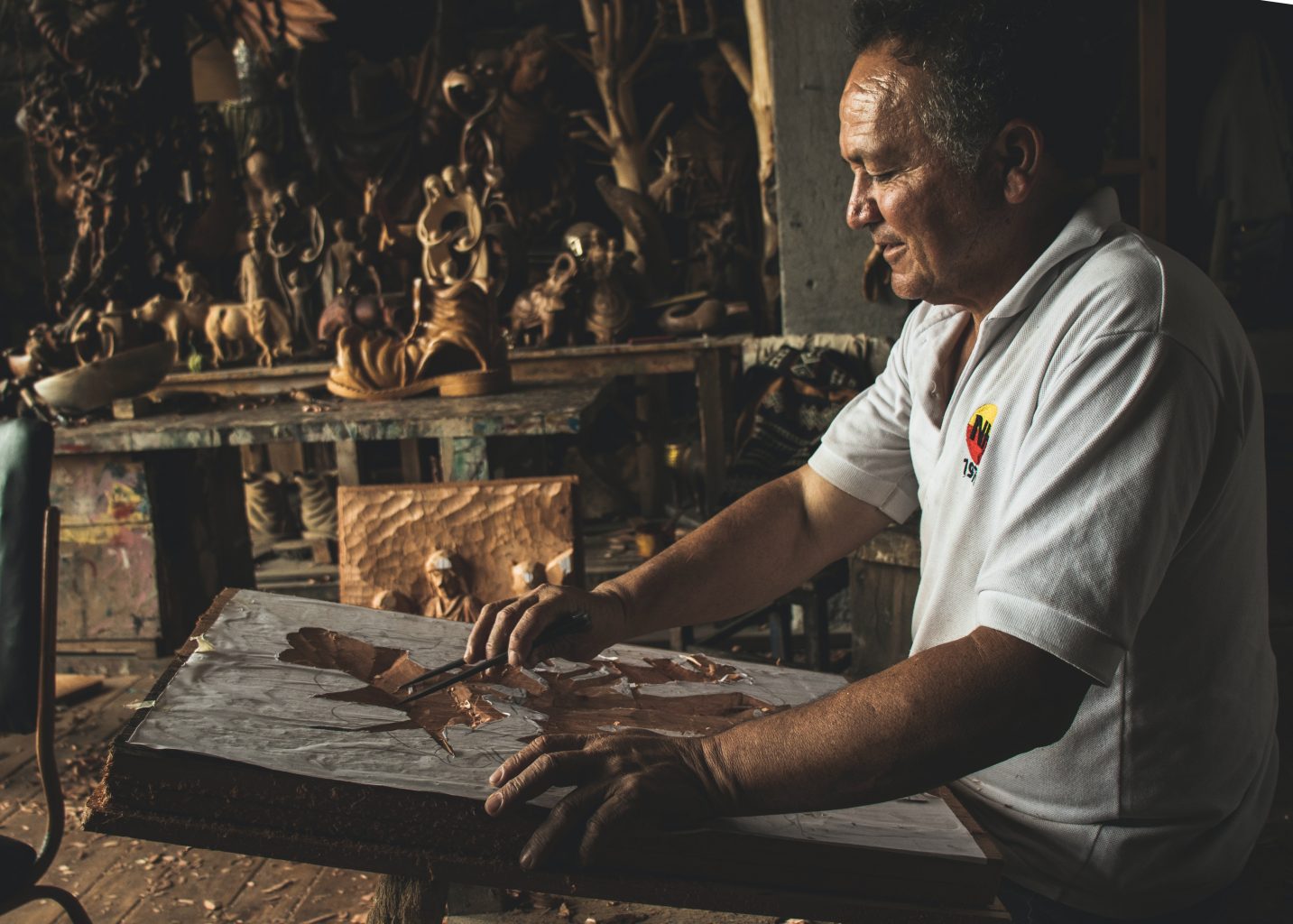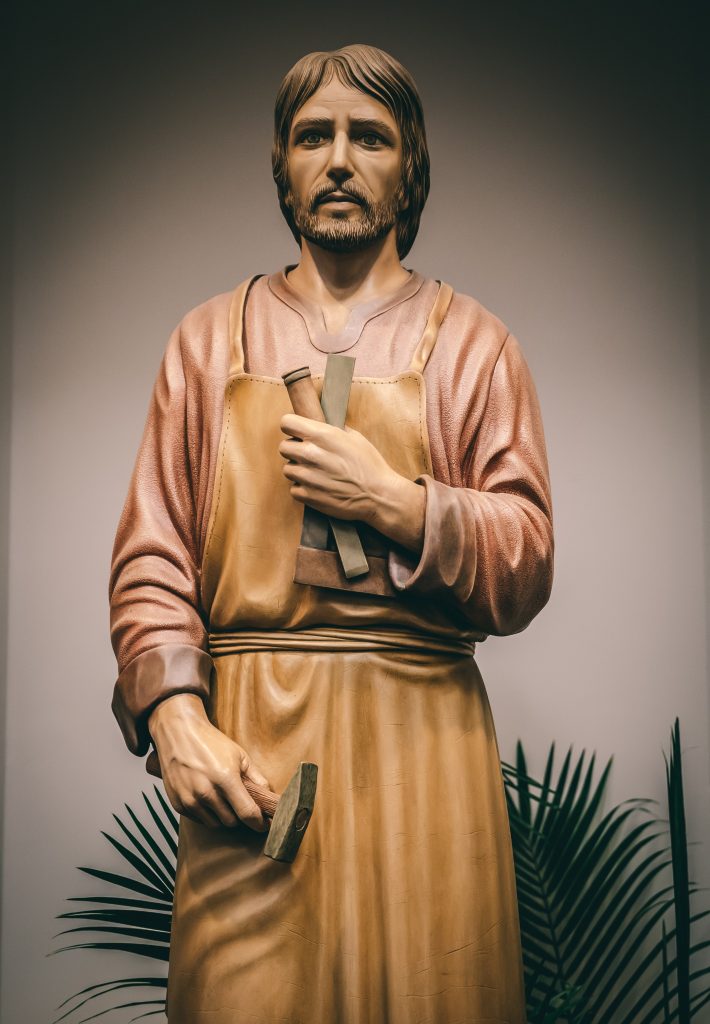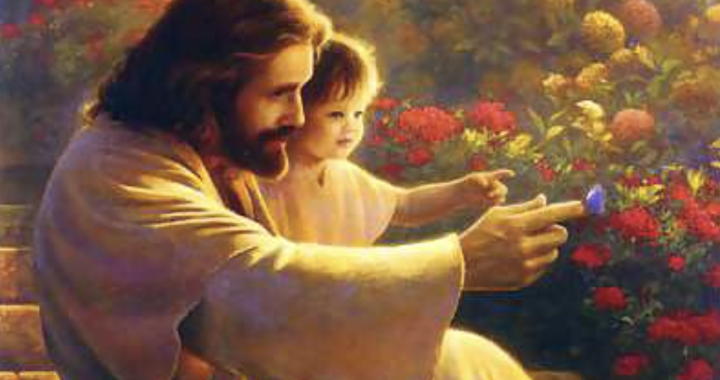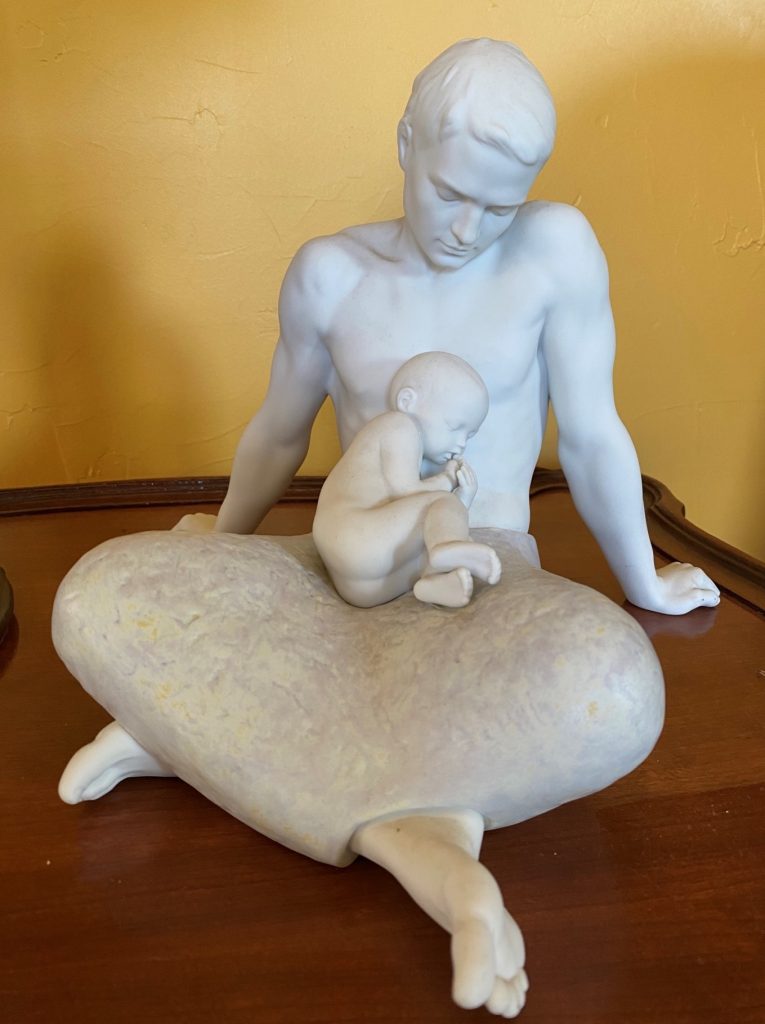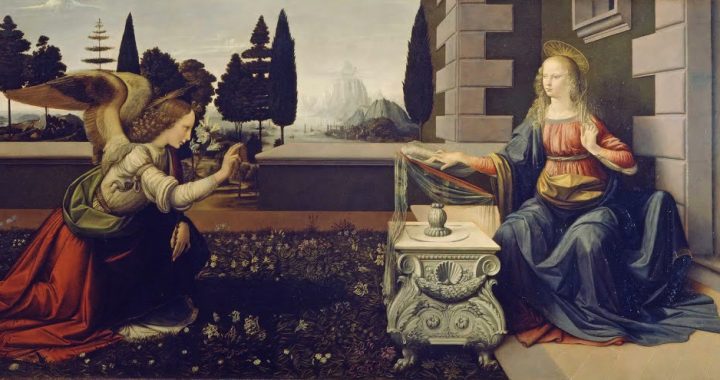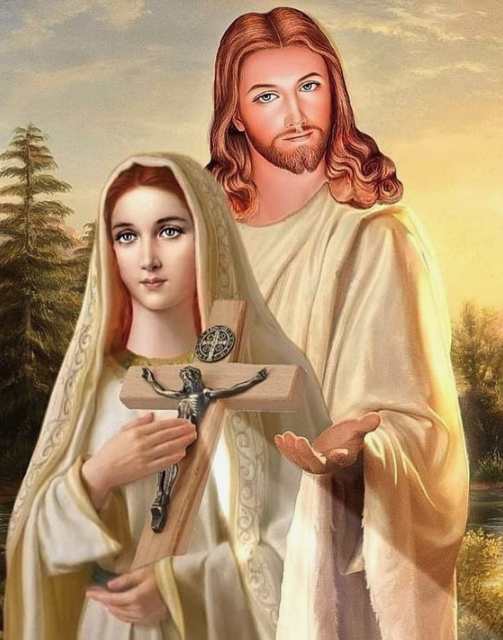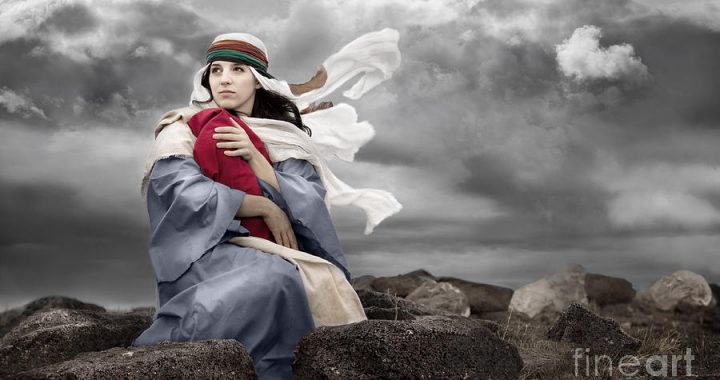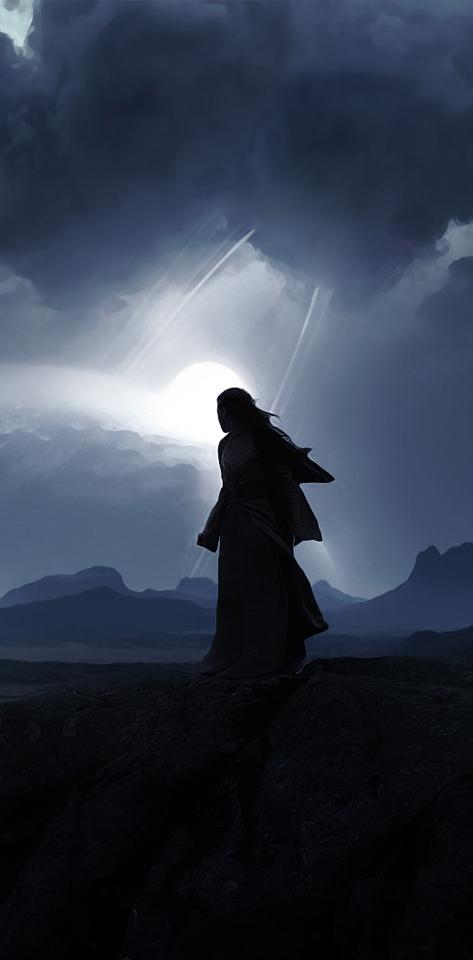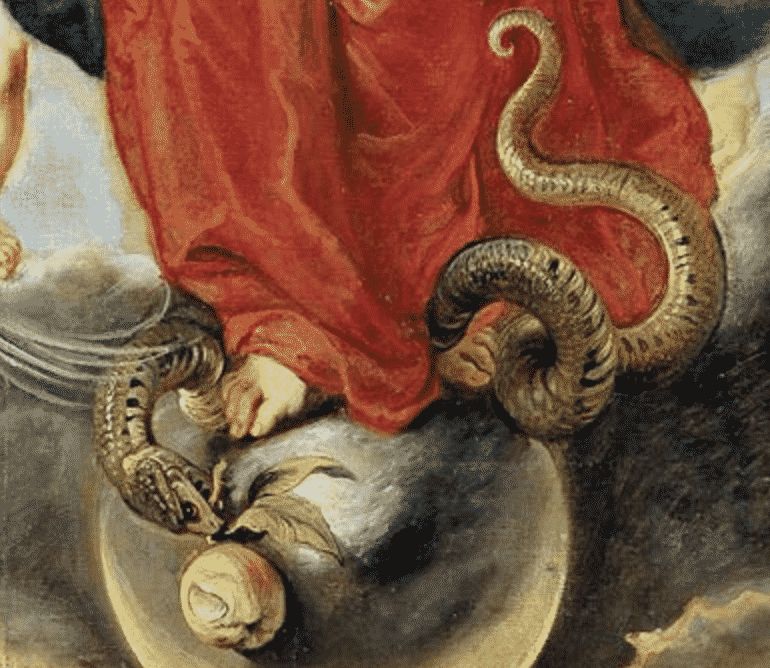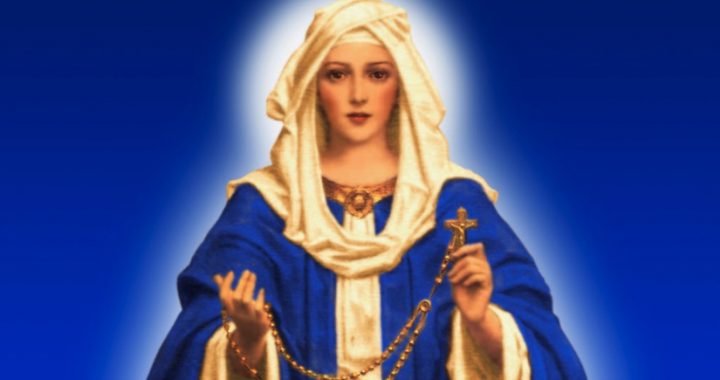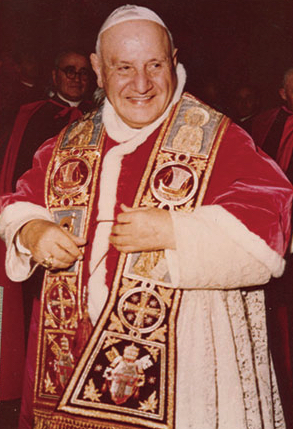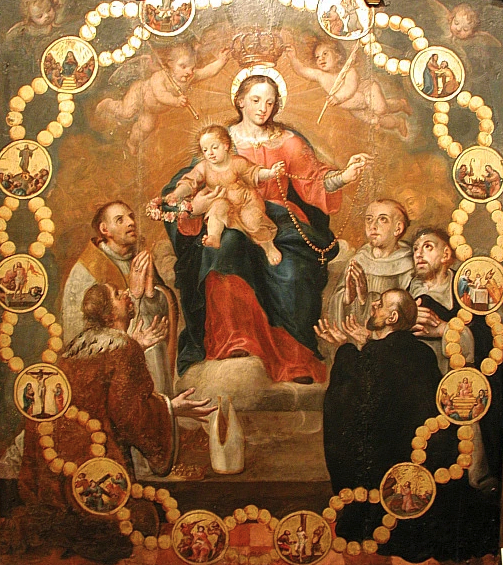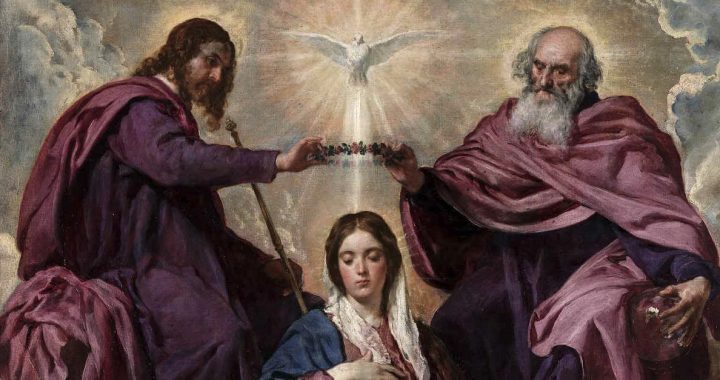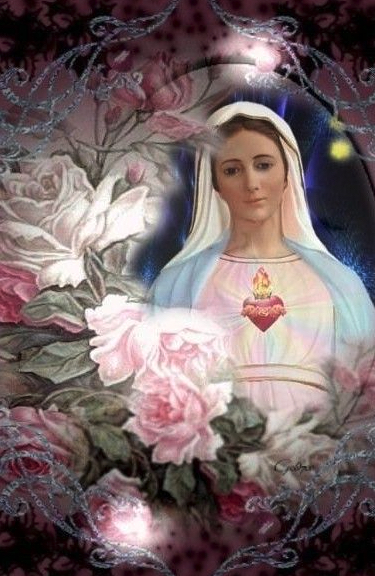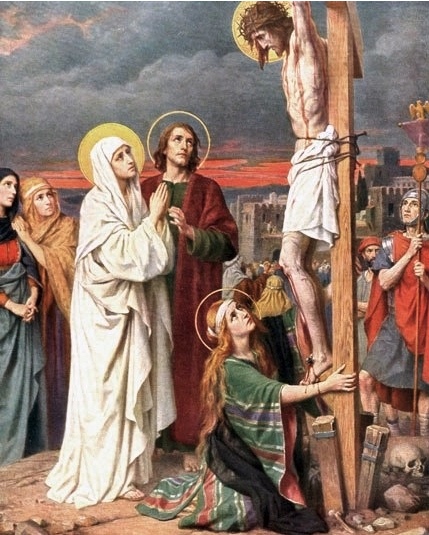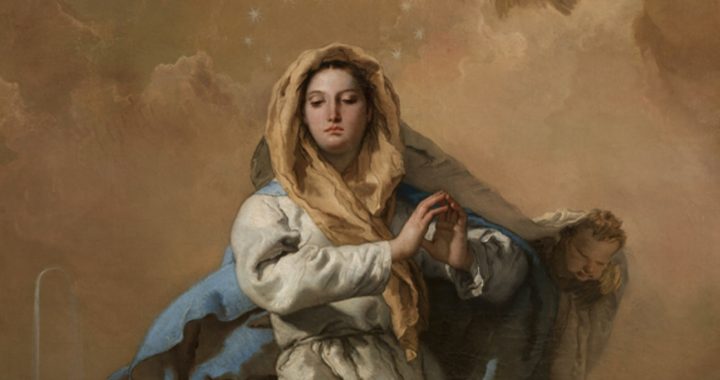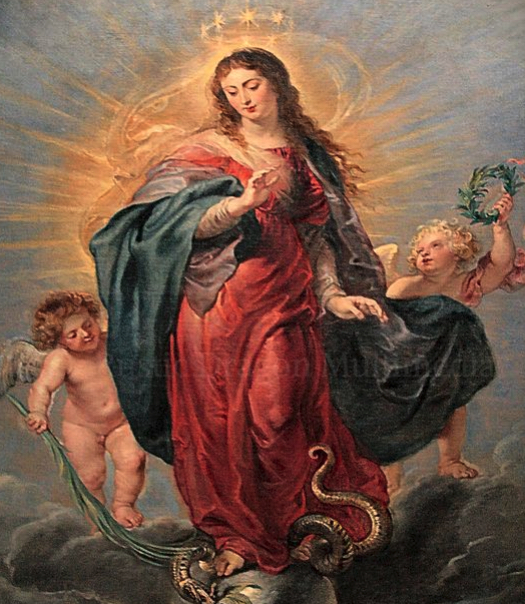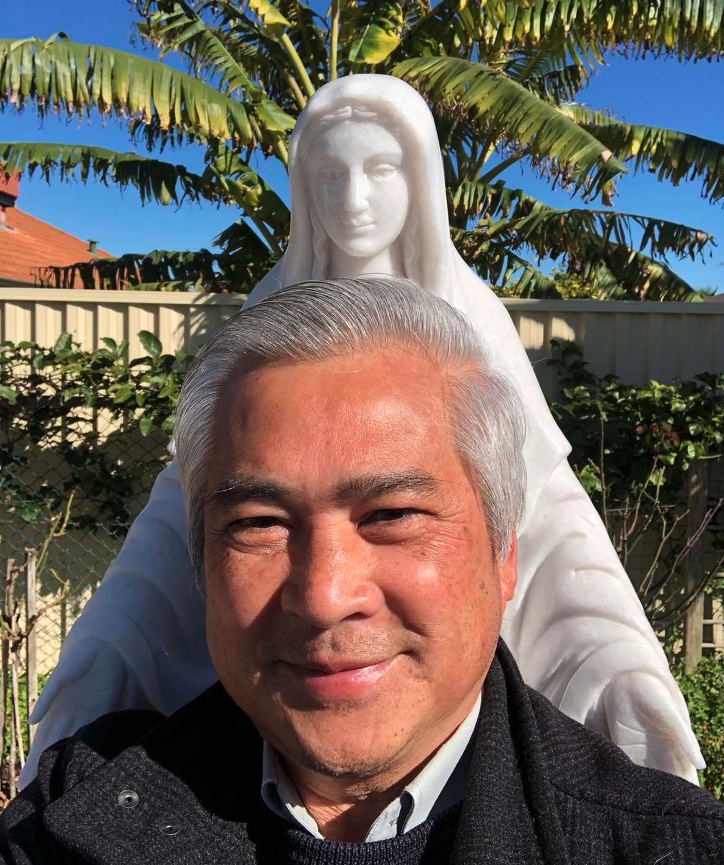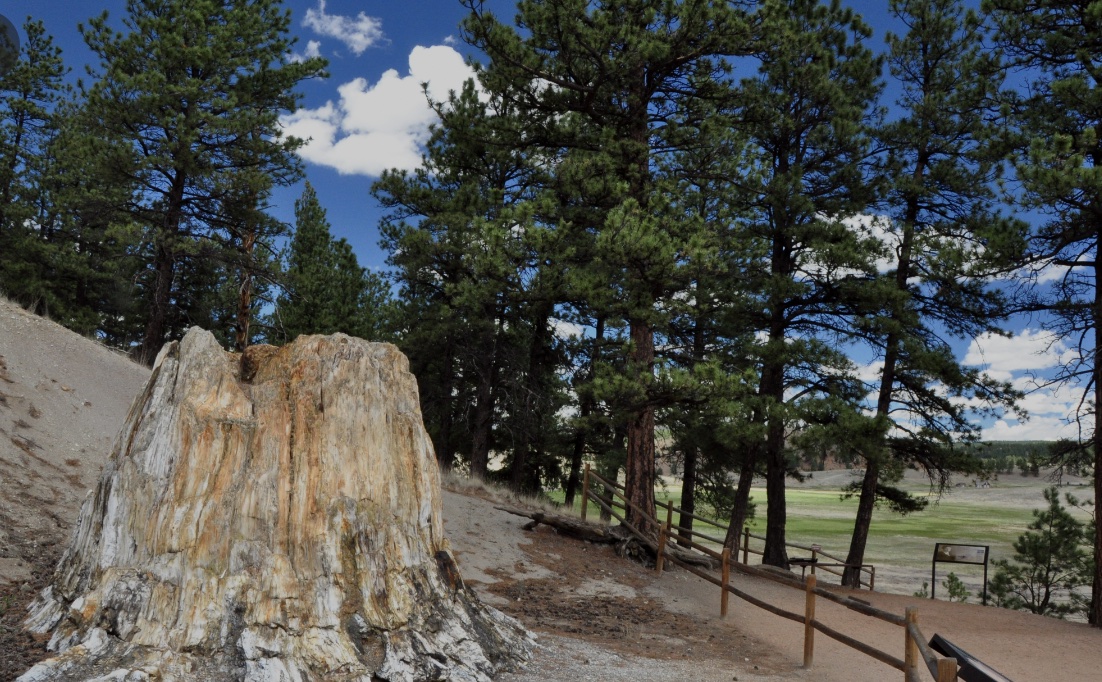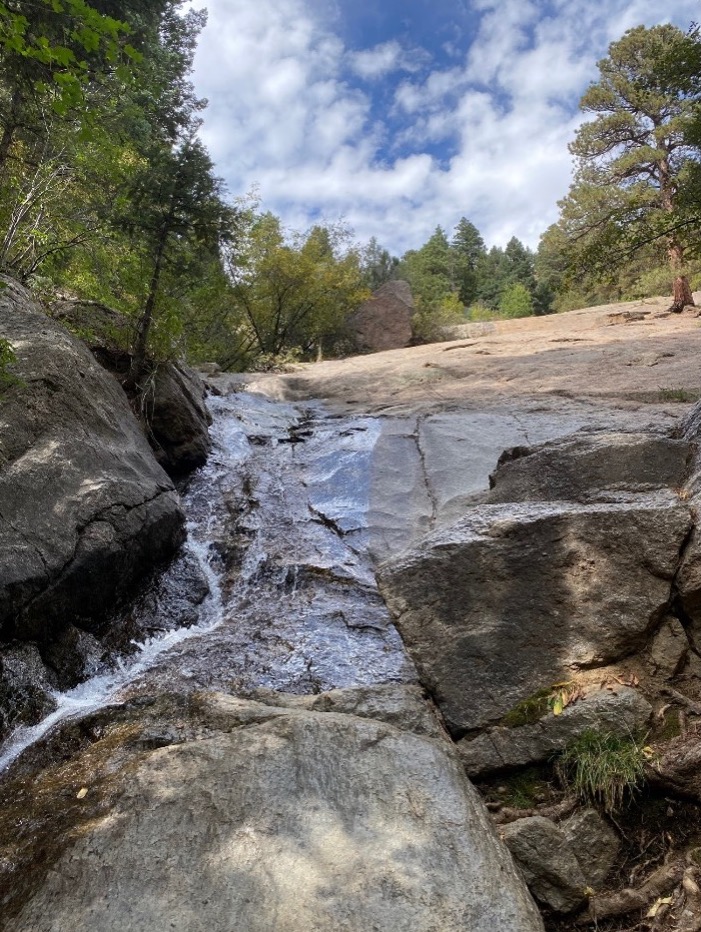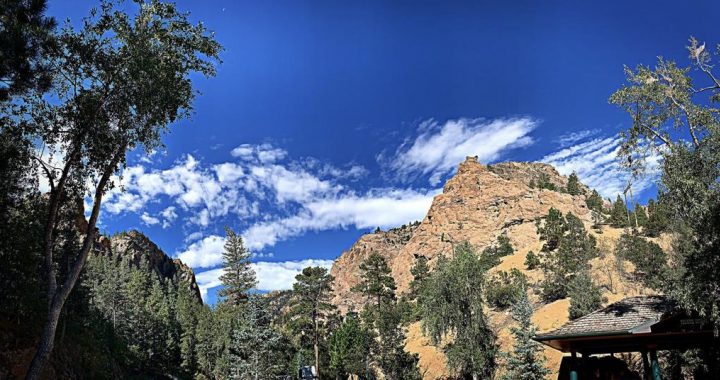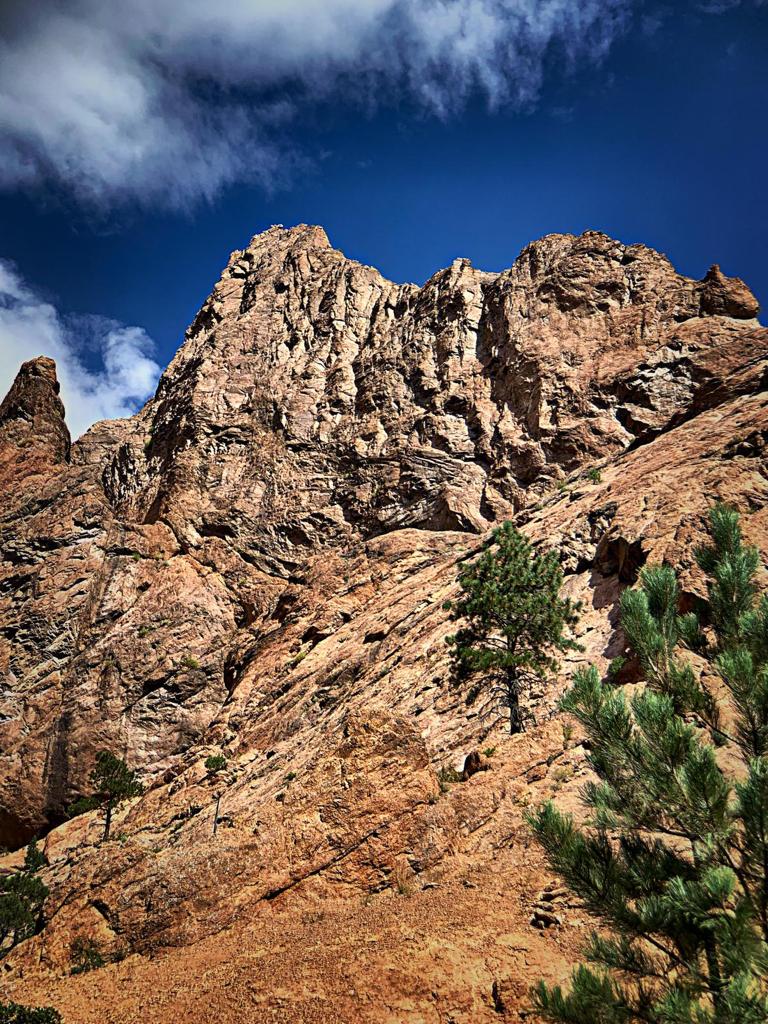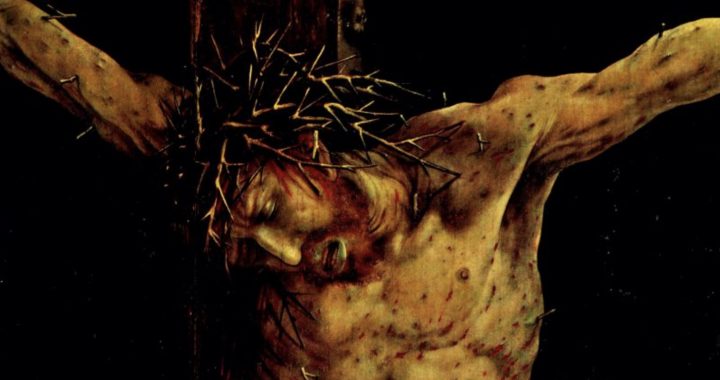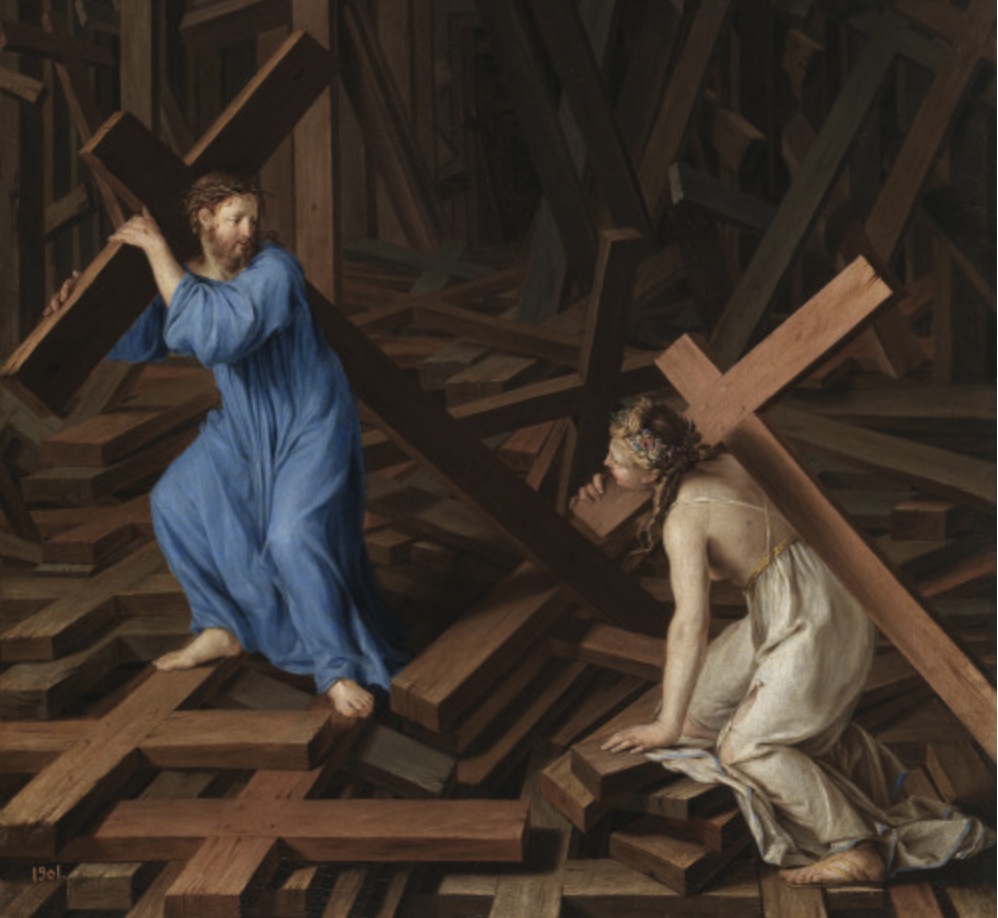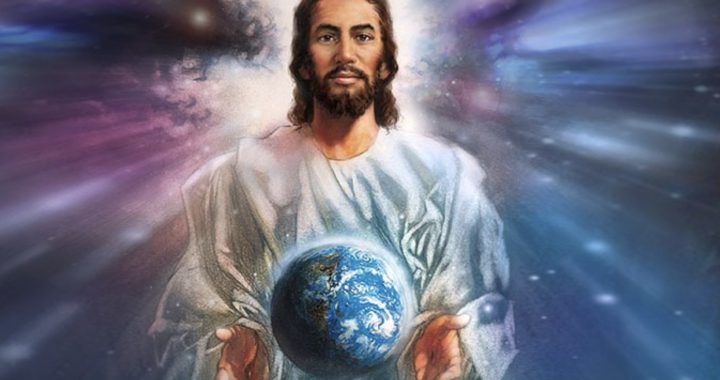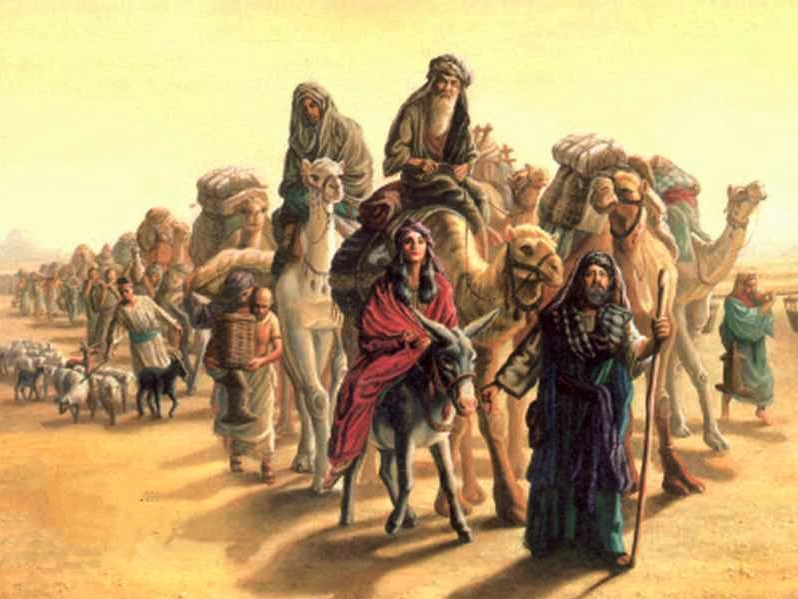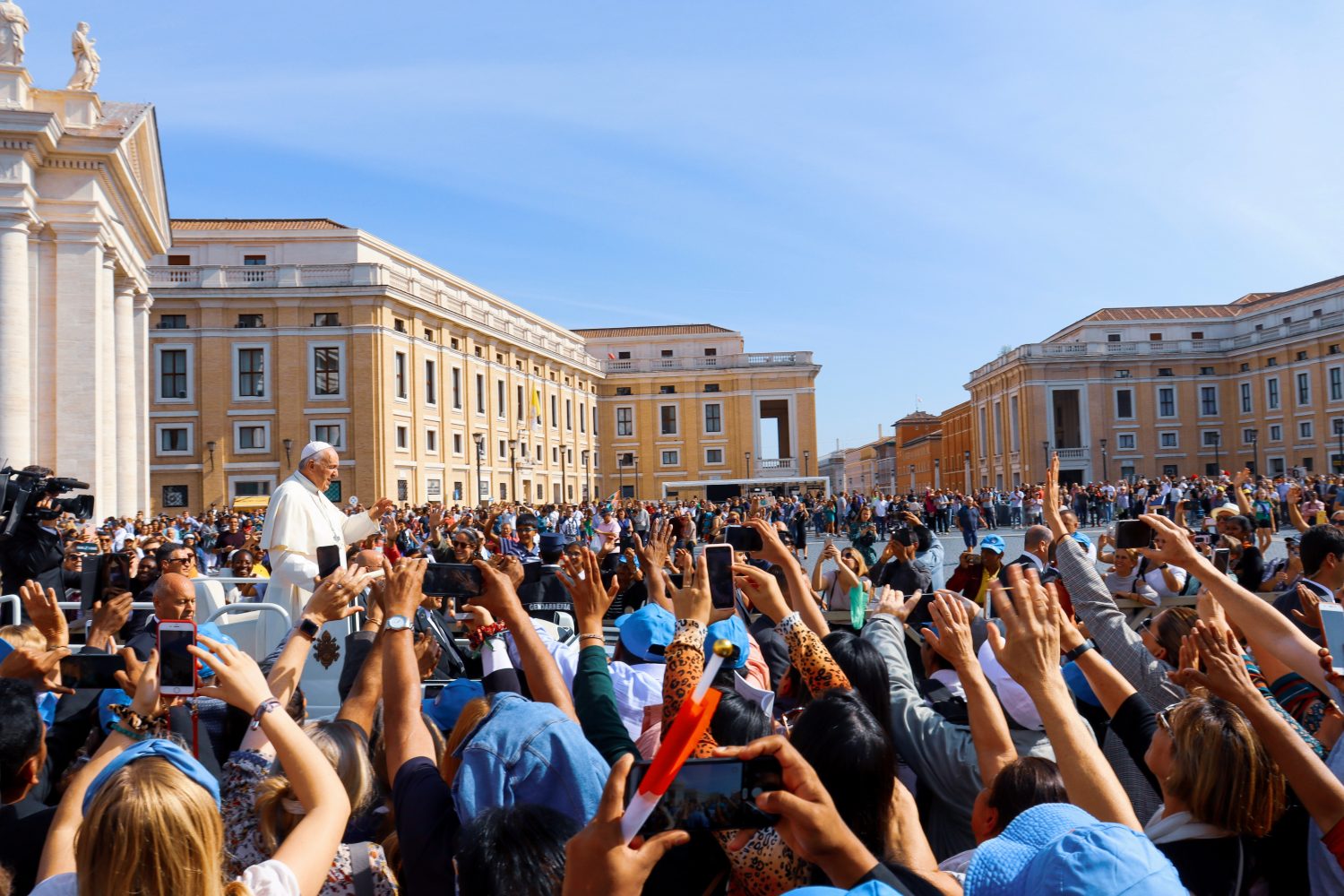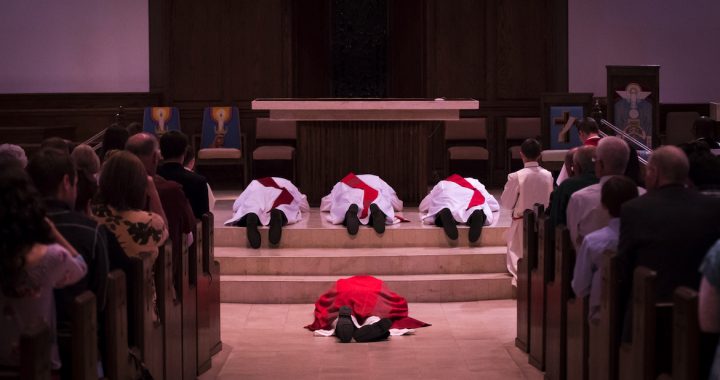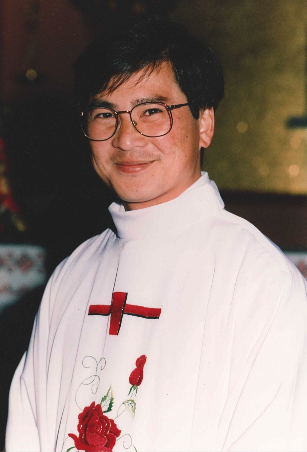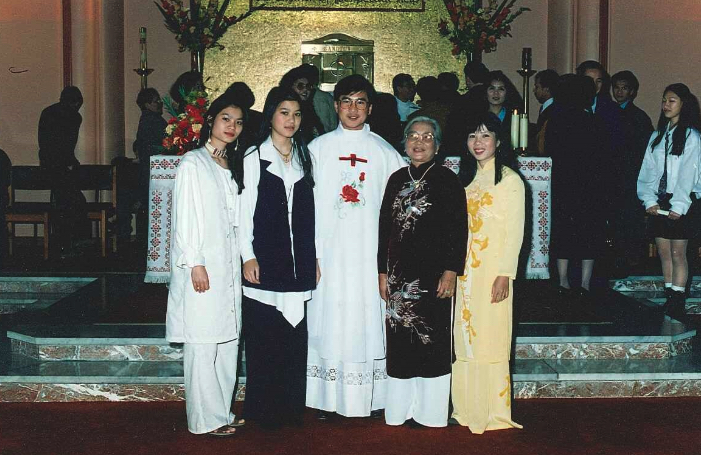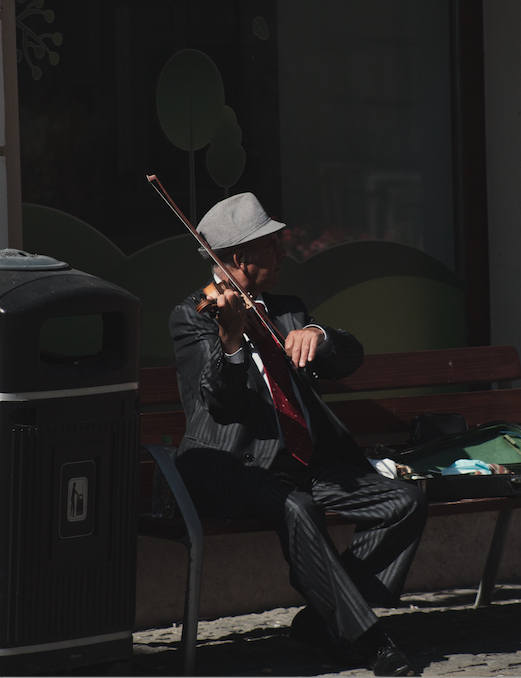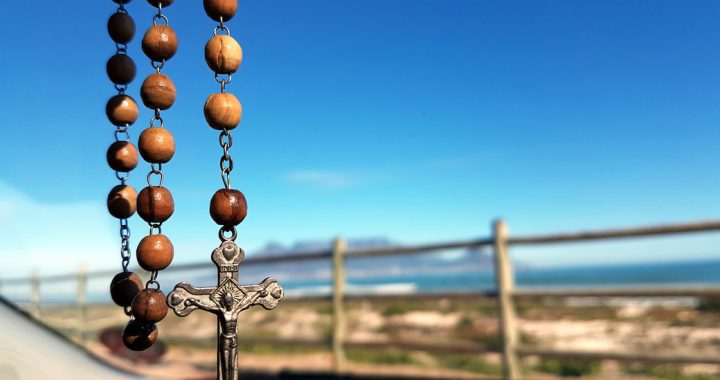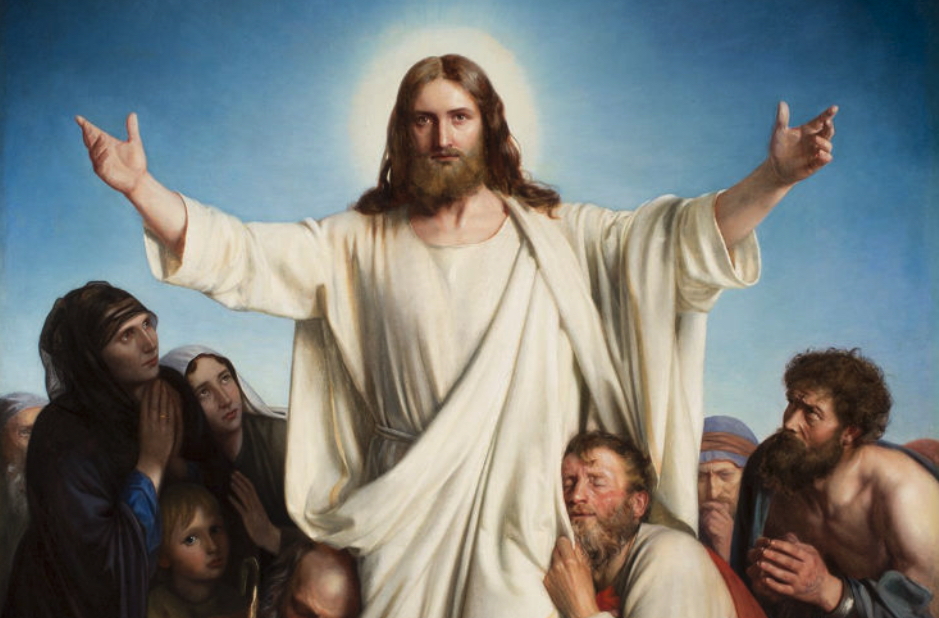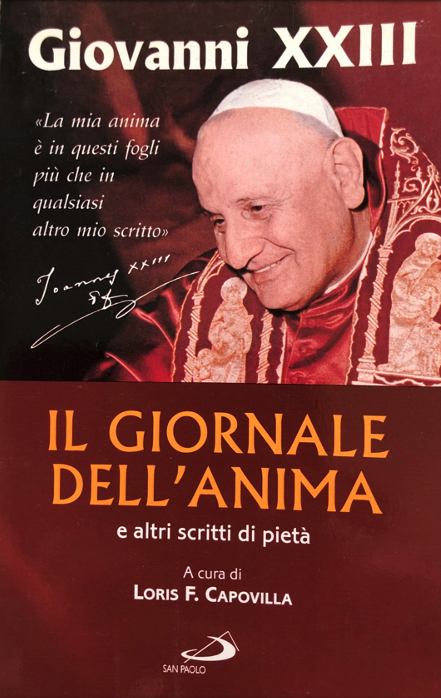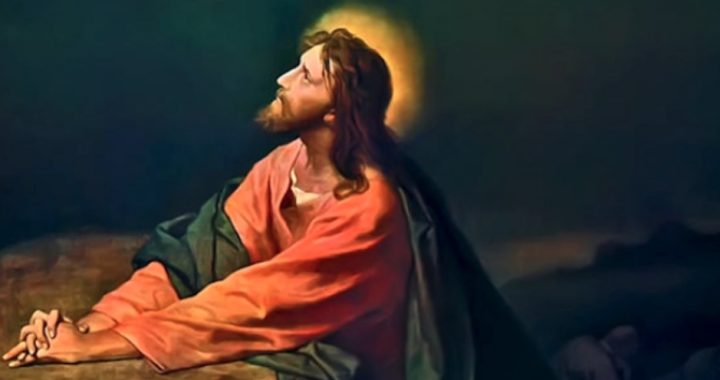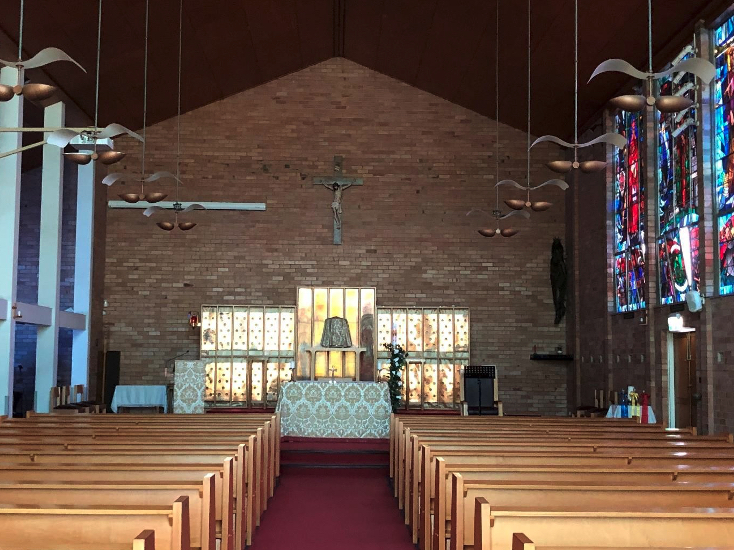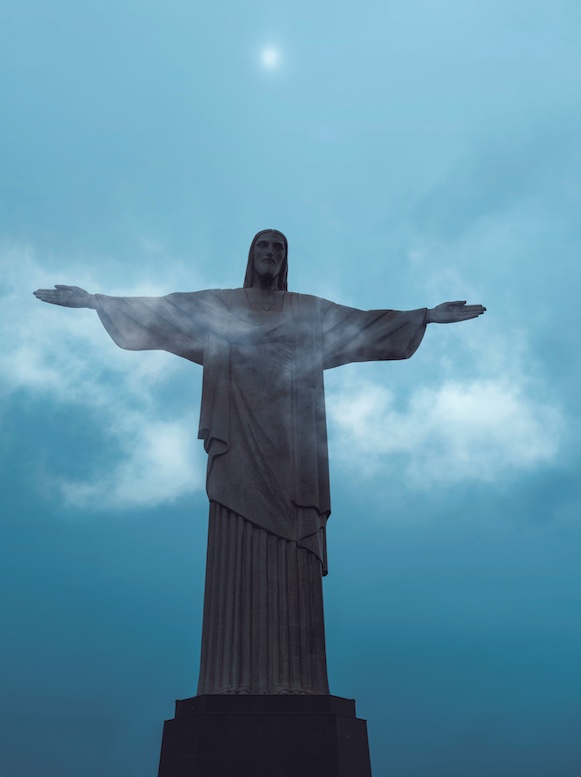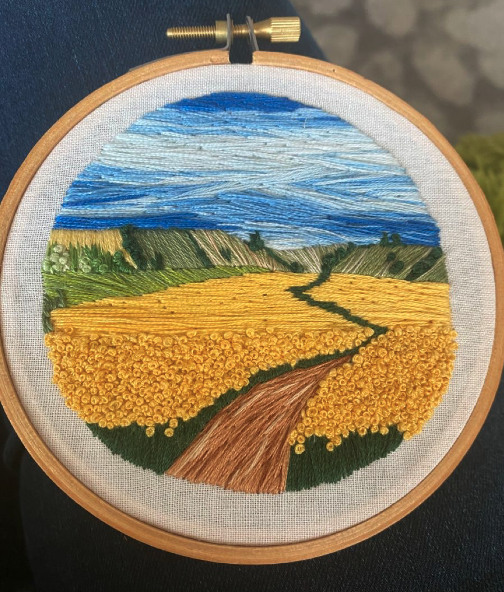Example of prayer life is Pope Benedict XVI’s exhortation for all ordained Ministers
In a sermon during a visit to priests and seminarians at the Cathedral of the Archdiocese of Brindisi, Southern Italy, on 15 June 2008, Pope Benedict XVI spoke about the importance of daily prayer that they must not put aside.
With a fatherly love, he offered meaningful and practical advice for the survival of a priestly life. He said:
Dear brother priests, in order for your life to become a strong and vibrant faith, as you know, we need to nourish that life with diligent prayer. Therefore, you should become an example of prayer, become a teacher of prayer. It is necessary to arrange for your day to have time for prayer and for meditation, in which, following the example of Jesus, you converse with God, the Father.
I know that it is not easy to be faithful to the daily prayer and to set aside the time to meet with the Lord, especially in today’s fast-paced life, with ever-increasing busyness. But we must be convinced that the moment of prayer is the most important thing in the life of a priest, that is when God’s grace works most effectively, bringing richness to the priestly ministry.
Prayer is the first service that must be rendered to the community and therefore times of prayer must take real priority in our lives. I know how many things are weighing us down: for me, they are the meeting with general audiences, documents to research, meetings, etc. But if we are not inwardly united with God, then we cannot bring anything to others. Therefore, God is the number one priority and we must always spend the necessary time in prayerful communion with our Lord.
(For the Vietnamese Language version of this post, read Fr. Tran Duc Anh’s translation)
These words from Pope Benedict XVI really touched me. They pierced my heart, and at the same time they helped me orient and redefine the priorities in my priesthood and consecrated life.
Especially when these words were echoed again during The Year for Priests that he inaugurated exactly a year later on 19 June 2009, on the Feast of the Sacred Heart of Jesus.
In an Apostolic Letter to his brother priests to mark the start of the year, the Pope reiterated the meaning and benefits of prayer. He invited all priests to follow the example of Saint John Maria Vianey, pastor of the Ars parish in France, in praying diligently and fervently celebrating Mass.
This extremely useful advice of Pope Benedict XVI resonated strongly in my heart last week on the morning of July 20. It motivated me to have a desire to live a life of contemplative prayer and resolve to practise this every day.
As he said, this is essential and paramount to the survival of the priestly vocation and the consecrated life. Because I always believe: “Without a life of prayer and contemplation, we cannot be faithful to our own vocation.”
Vocation does not only cover the priesthood, but all Catholic life, be it religious and in every aspect of the laity, whether in marriage or as singles.
God has given priests in their consecrated life His gratuitous and unconditional love as a special grace, when He invited and selected these men in the priesthood to commit themselves and serve His holy people.
It must be said that this is a great and noble gift that God has given to humanity. This was confirmed by Saint John Maria Vianey, when he spoke about the priesthood as a great and unfathomable gift that God has entrusted to the human person:
A good shepherd, a pastor after God’s heart, is the greatest treasure which the good Lord can grant to a parish, and one of the most precious gifts of divine mercy”. He spoke of the priesthood as if incapable of fathoming the grandeur of the gift and task entrusted to a human creature: “O, how great is the priest! … If he realized what he is, he would die… God obeys him: he utters a few words and the Lord descends from heaven at his voice, to be contained within a small host…”.
Explaining to his parishioners the importance of the sacraments, he would say: “Without the Sacrament of Holy Orders, we would not have the Lord. Who put him there in that tabernacle? The priest.
Who welcomed your soul at the beginning of your life? The priest.
Who feeds your soul and gives it strength for its journey? The priest.
Who will prepare it to appear before God, bathing it one last time in the blood of Jesus Christ? The priest, always the priest.
And if this soul should happen to die [as a result of sin], who will raise it up, who will restore its calm and peace? Again, the priest…
After God, the priest is everything! … Only in heaven will he fully realize what he is”.
These words, welling up from the priestly heart of the holy pastor, might sound excessive. Yet they reveal the high esteem in which he held the sacrament of the priesthood.
It can be said that the priesthood is one of the most precious gifts of God’s compassion for believers.
However, like the apostle Paul (2 Cor 4:7), priests are also aware of their own fragility and weakness, so they do not rely only on their own strength, but completely entrust their entire life into the loving hands of God.
Because priests experience this, although they have been consecrated, they are still humans and are living in the world with many intrigues, traps, and luxurious frivolities. That’s why they need help, first of all from God, who has called them to the priestly mission, to pass on the good news of God’s love to everyone.
Next, they need sympathy and support from the parishioners through concrete actions to help them fulfil their entrusted duties and responsibilities. Most especially, they need fervent PRAYERS from the laity, to help them stay faithful to their priestly vocation and to the mission they have been assigned by the Church.
I would like to conclude this article on the practice of PRAYER in the life of a committed Christian and especially in the life of a priest by quoting Pope Francis’ words to priests in his opening speech at the international symposium on priesthood in Vatican February 17, 2022.
Many crises in the priesthood originate precisely in a poor life of prayer, a lack of intimacy with the Lord, the reduction of the spiritual life to mere religious practice. I can think of important moments of my own life, where closeness to the Lord proved decisive in sustaining me. The intimacy born of prayer, the spiritual life, concrete closeness to God through listening to his word, the celebration of the Eucharist, the silence of adoration, entrustment to Mary, the wise accompaniment of a guide and the sacrament of Reconciliation… Without these “forms of closeness”, a priest is merely a weary hireling who has none of the benefits of the Lord’s friends.
All too often, for example, in the life of priests, prayer is practiced only as a duty; we forget that friendship and love do not come from following rules, but are a fundamental choice of the heart. The priest who prays remains, ultimately, a Christian who has come to fully appreciate the gift received at baptism. A priest who prays is a son who constantly remembers that he is such, and that he has a Father who loves him deeply. A priest who prays is a son who keeps close to the Lord.
None of this is easy, however, unless we are accustomed to find moments of silence throughout our day and to set aside the activism of Martha in order to learn the quiet contemplation of Mary. We find it hard to give up that activism, because once we stop running around, what we immediately feel is not peace but a kind of emptiness; and in order to keep from feeling that, we are unwilling to slow down.
Yet once we accept the desolation that is born of silence, fast from our activities and words, and find the courage to take a sincere look at ourselves, everything takes on a light and peace no longer based on our own strengths and abilities. We need to learn to let the Lord bring his work to fulfilment in each of us and to “prune” all that is unfruitful, barren or unworthy of our calling.
Perseverance in prayer is more than simply remaining faithful to its practice: it means not running away in those times when prayer draws us into the desert. The way of the desert is the way that leads to intimacy with God, provided we do not run away or find ways to avoid this encounter. In the desert “I will speak tenderly to her”, says the Lord to his people through the words of the prophet Hosea (Hos 2:14).
I hope as you read this article, please remember and pray for your priests, those who are serving you in the parishes throughout this country and the priests that you come to know. Pray that they will follow the footsteps of Jesus closely and dedicate their lives to serving God’s people everywhere, for the sake of joy and bring God’s salvation to the ends of the earth.
